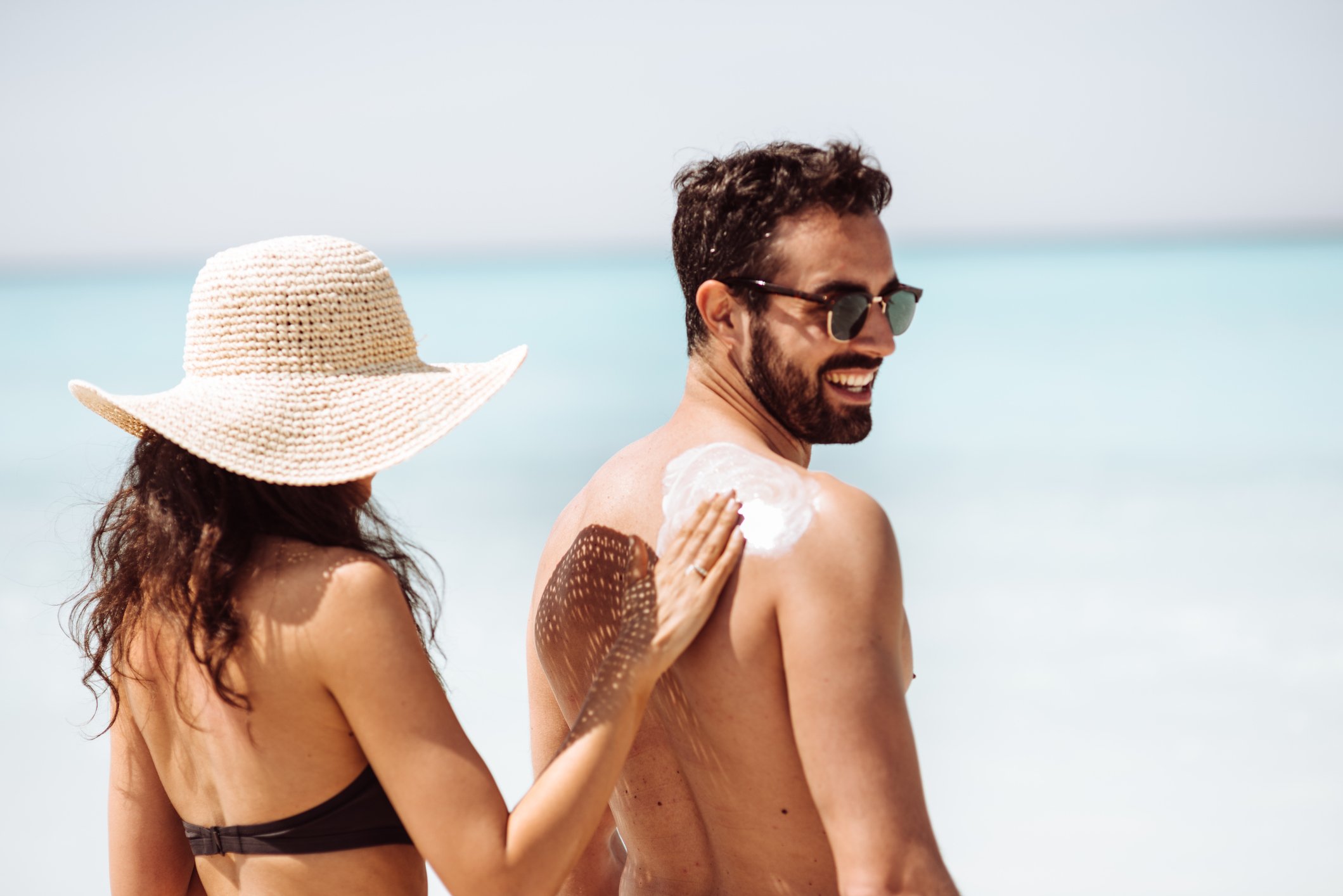Skin Cancer is a Risk for all Sun Seekers
Skin cancer is the most common cancer in the United States and worldwide.
It is estimated that one in five Americans will be diagnosed with skin cancer by the age of 70. There are four main types of skin cancer, but melanoma is considered the most dangerous.

Skin cancer can impact anyone of any race, gender or age.
Skin cancer can affect anyone, regardless of skin color. While the incidence among non-Hispanic white individuals is almost 30 times higher than that among people who are non-Hispanic black or Asian/Pacific Islander, everyone is at risk.
Research has shown that patients with skin of color are less likely than white patients to survive melanoma--the deadliest form of skin cancer. In African American patients diagnosed with melanoma, 41 percent are diagnosed when the cancer has spread to lymph nodes or beyond, making it harder to treat. People with skin of color are also prone to skin cancer in areas that are not commonly exposed to the sun, like palms of the hands, soles of the feet, groin and inside of the mouth.
It is estimated that melanoma will affect one in 27 men and one in 40 women in their lifetime. However, skin cancer is more common in women under age 50 and is the second most diagnosed type of cancer for women ages 15 to 29.
The main risk factor for skin cancer is sun exposure.
In addition to sun exposure, which can put anyone at risk for skin cancer, according to the Centers for Disease Control and Prevention, the risk factors that make skin cancer more likely include:
- A family or personal history of skin cancer
- A history of sunburns (More than five sunburns doubles your risk for melanoma.)
- A history of indoor tanning
- Skin that burns, freckles, reddens easily or becomes painful in the sun
- Blue or green eyes
- A lighter natural skin color
- Certain types or a large number of moles
- Blond or red hair
Screen ALL of your skin.
Most of the skin cancers that I treat occur in areas of high sun exposure, such as the ears, nose, cheeks, forehead, neck, arms and hands. However, I cannot stress enough the importance of screening everywhere as skin cancer can occur in less exposed areas.
Be vigilant about regular skin self-checks and everyone should also have a yearly skin check by a physician. After all, melanoma has a 99 percent survival rate when detected early.
Protection and planning are key.
Because of Hampton Roads’ sun-drenched weather, protection and planning are key to maintaining a healthy and skin cancer-free life.
There is no such thing as a “healthy tan.” Avoid tanning beds and sun lamps. The American Cancer Society recommends seeking shade between 10am and 4pm (a change from previous recommendations of 2pm).
When UV rays are strongest, wear sun-protective clothing, a wide-brimmed hat, sunglasses that block at least 99 percent of UV light and use broad-spectrum sunscreen and lip balm with SPF of 30 or more regularly. It can take up to 30 minutes to absorb sunscreen, so be sure to apply it about 30 minutes before going outside. Reapply every two hours, or more often if you're swimming or sweating.
The American Cancer Society recommends daily use of a sunscreen with broad-spectrum (UVA and UVB) protection and an SPF of 30 or greater.
To find a physician who can provide your annual skin screening, visit chesapeakeregional.com/provider. For more information about skin cancer, visit skincancer.org.
Featured Image

Dr. Anthony Viol is a board-certified plastic surgeon and a Medical Director at Chesapeake Regional Medical Center’s Advanced Wound Care & Hyperbaric Center. Dr. Viol received his medical degree from Eastern Virginia Medical School in Norfolk, Va., where he also completed a residency program in general surgery. He completed a fellowship in plastic surgery at Duke University in Durham, N.C. and has vast experience caring for slow-to-heal wounds and the surgical treatment of skin concerns.